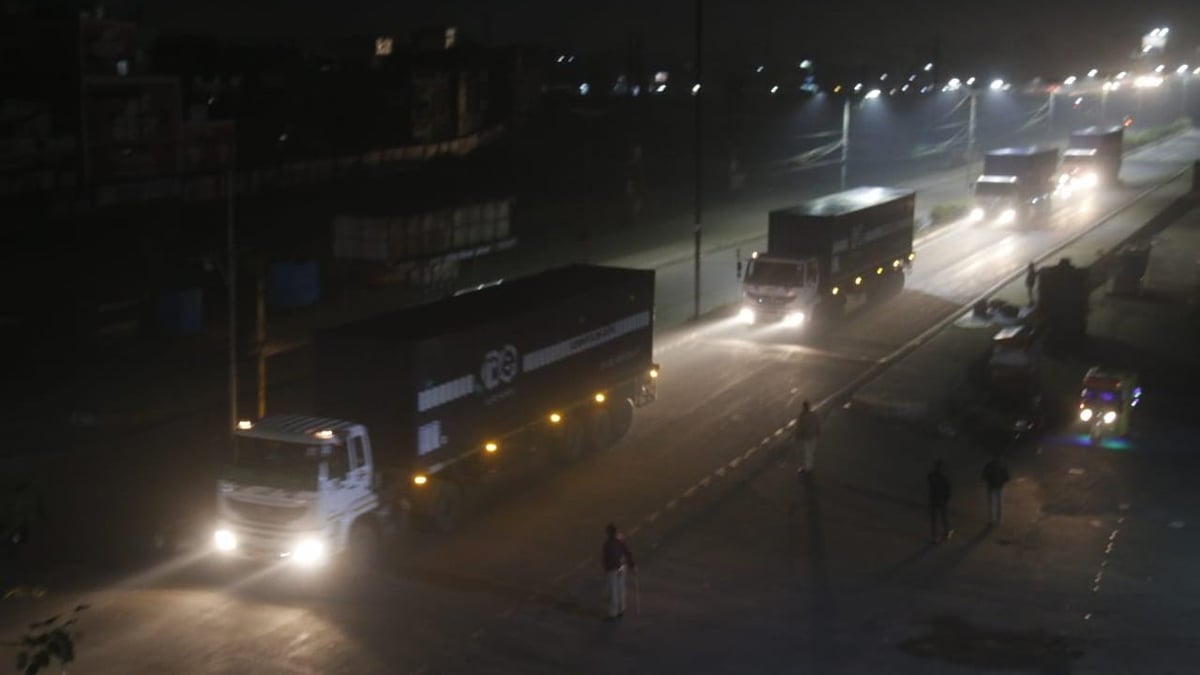Indore (Madhya Pradesh): Attempts to burn Union Carbide’s toxic waste in Maharashtra, Gujarat, and Andhra Pradesh were stopped due to strong public protests. In 2007, the Madhya Pradesh High Court allowed the waste to be burned in Ankleshwar, Gujarat, with approval from the Gujarat Pollution Control Board.
However, protests forced the cancellation of the plan. In October 2009, surveys were carried out in Dundigal (Hyderabad) and Taloja (Mumbai) to find suitable locations, but opposition from the public delayed the process.
In June 2011, there were plans to send the waste to DRDO facilities in Nagpur, but these were postponed after further protests. In 2012, a German company offered to incinerate the waste in Hamburg for Rs 54 crore, but even this faced resistance.
Govt allocates Rs 126 crores
According to experts, the toxic waste cannot be burned directly. It needs to be treated with chemicals first, which increases the amount of ash produced. “Burning 10 tons of waste creates 40 tons of ash that must be buried. For the 337 tons of waste, around 1,600 tons of ash will be generated. The government has allocated Rs126 crore for the task, which works out to Rs37 lakh per ton of waste.
